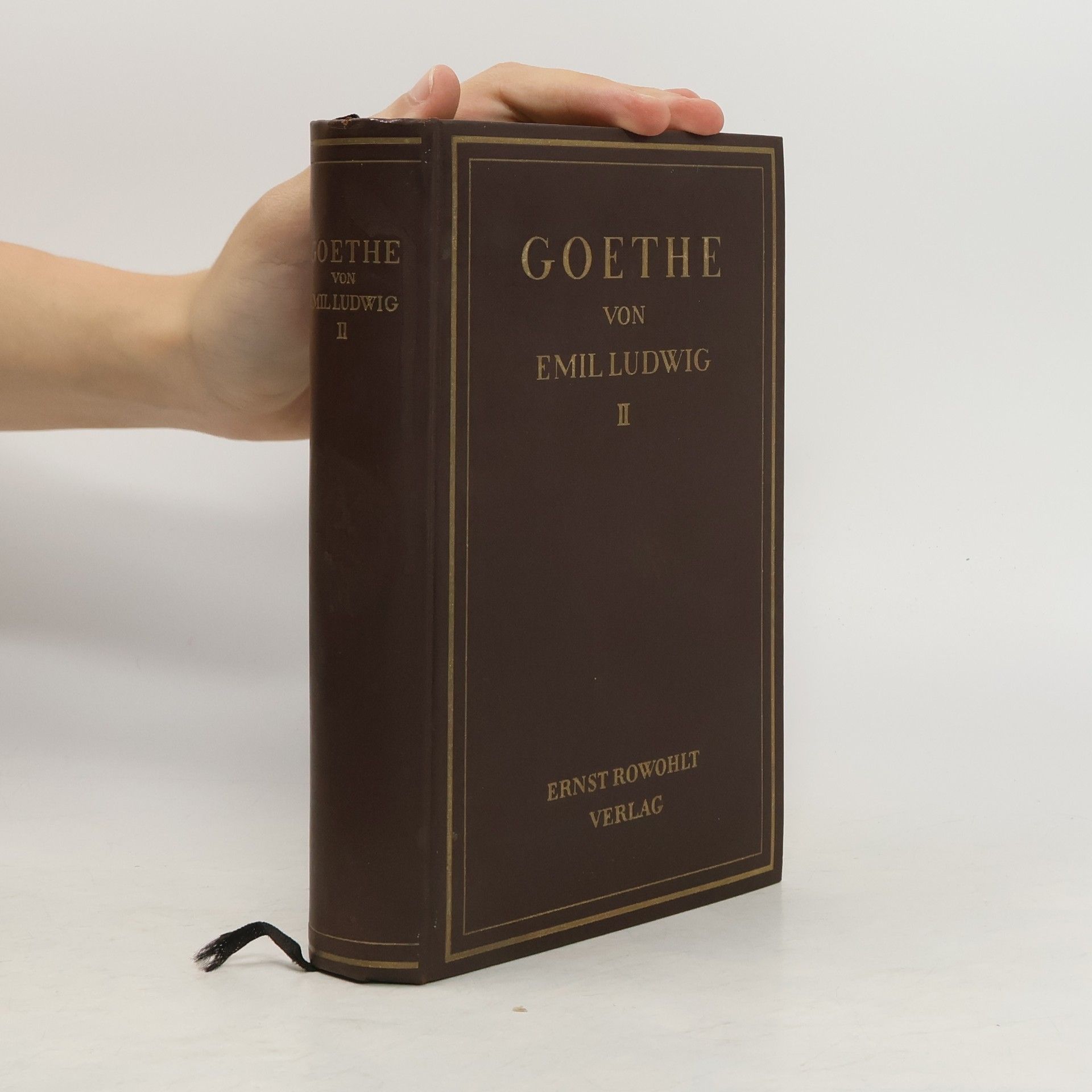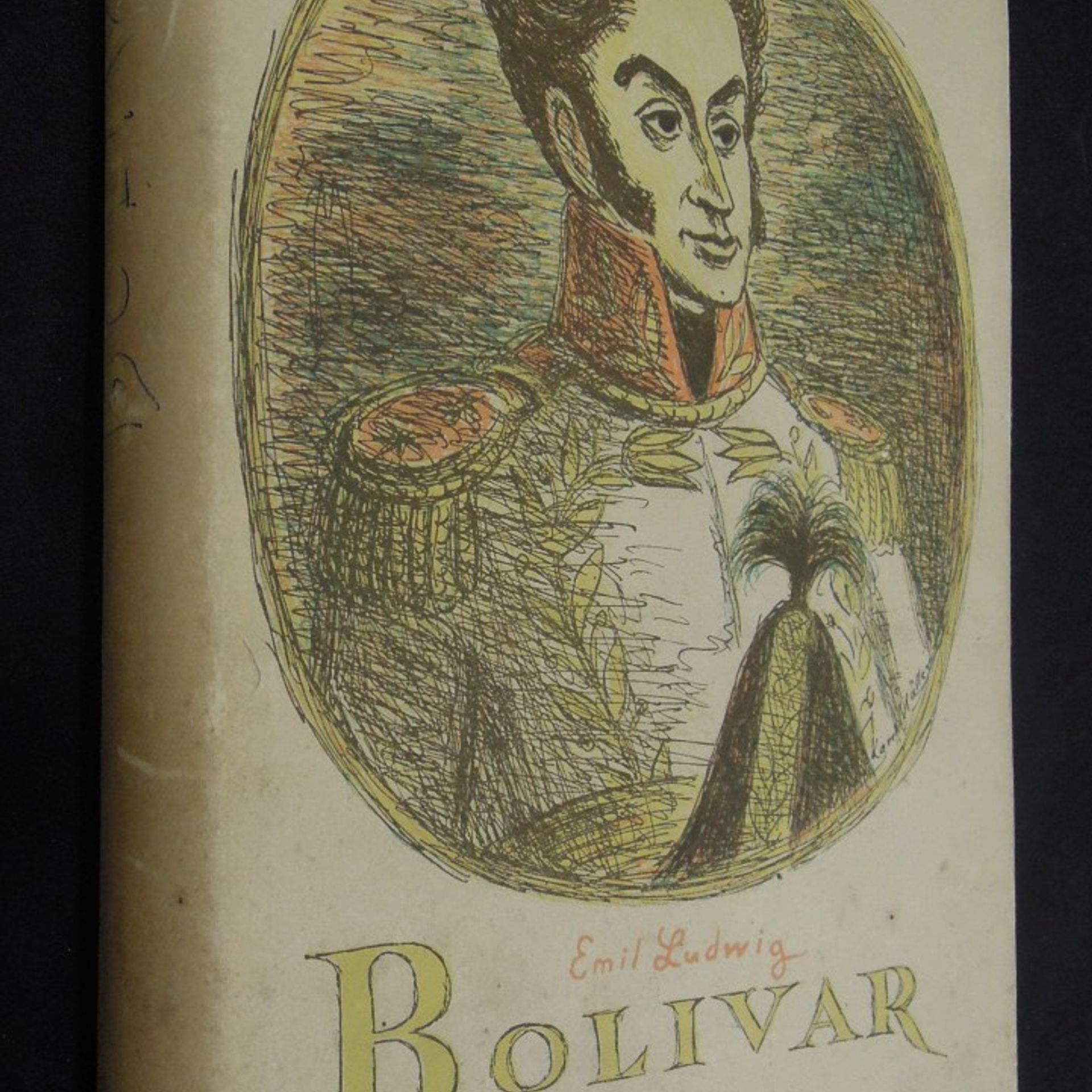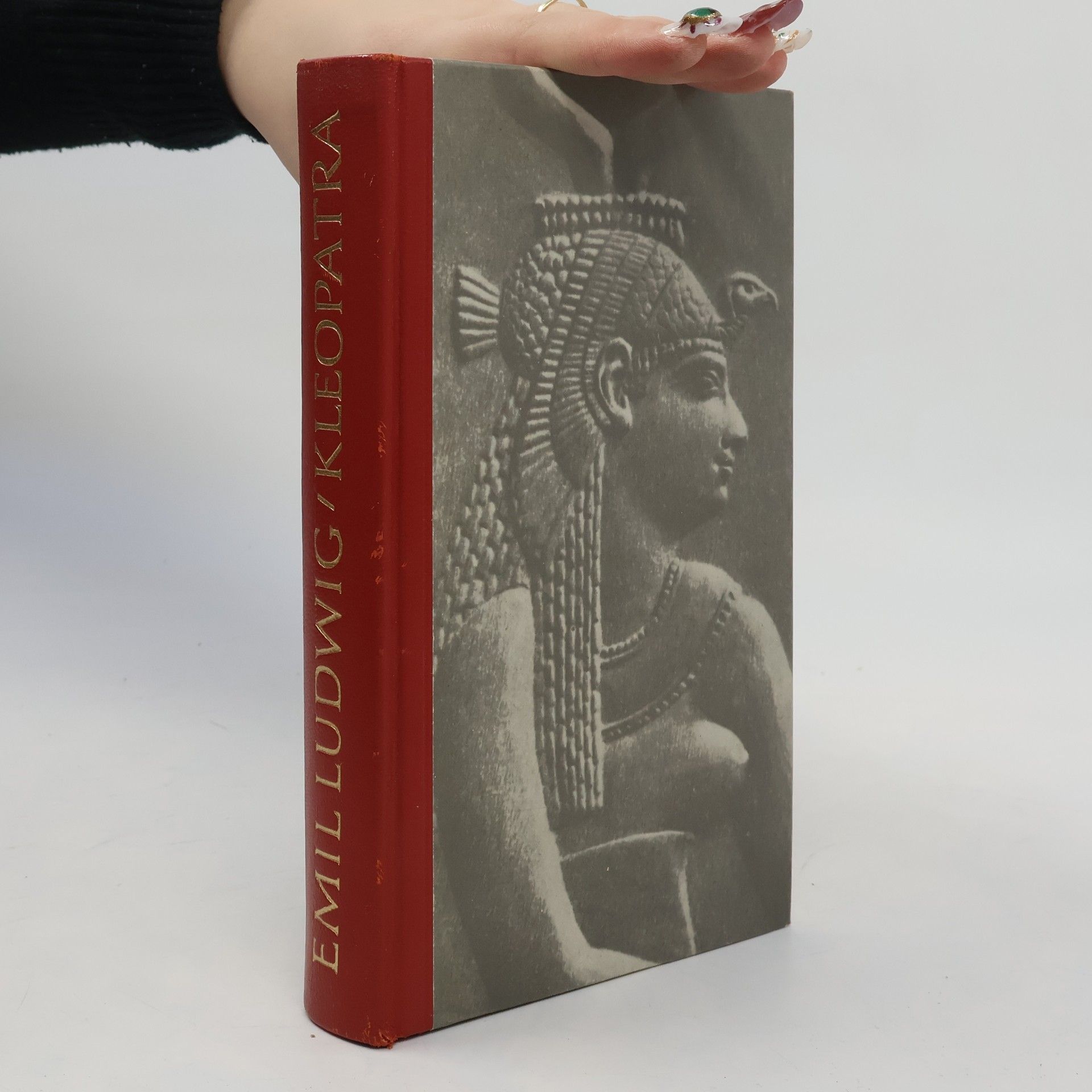Emil Ludwig Libros
Emil Ludwig alcanzó fama internacional por sus cautivadoras biografías, que fusionaban magistralmente hechos históricos con perspicacia psicológica y un estilo narrativo cautivador. Sus obras, a menudo nacidas de encuentros directos con figuras históricas cruciales, ofrecían a los lectores exploraciones profundas de la naturaleza humana y sus motivaciones. El distintivo talento de Ludwig residía en su habilidad para dar vida a personajes complejos y sus épocas con vívidez y profundidad, asegurando que sus libros fueran ampliamente traducidos y celebrados.






Bismarck
- 661 páginas
- 24 horas de lectura
Otto von Bismarck was more than a politician and a leader: he was the single driving force that turned the disparate states of Germany into one cohesive empire. He then went on to lead Germany and the rest of Europe into an age of political peace that lasted from 1871 until the outbreak of World War I. Under his influence, Germany thrived. Bismarck’s use of statesmanship to fight for the interests of his country was legendary. As one of the most influential and powerful individuals in his country’s history, Bismarck became a symbol of leadership and pride for German nationalists. The historical conception of him was as the “Iron Chancellor,” an unbending and untouchable figure. In his landmark biography of the man of “blood and iron,” Emil Ludwig rejects the pedestal that history has placed Bismarck upon, and instead seeks a historical and psychological understanding of the chancellor “as he really was, and not as distorted by worship.” Bismarck was not merely a hard and calculating statesman, but a man ruled by pride, courage, and hatred. To fully comprehend the actions this enigmatic and important character, we must first understand his feelings, his motivations, and his private life. Beginning with Bismarck’s childhood and delving more fully into his early life than any other work, Ludwig’s landmark volume is invaluable in understanding the forces behind one of the most influential men in modern history.
Set in the Palazzo di Venezia during March and April 1932, this book captures a series of candid conversations between the author and Mussolini, conducted in Italian and recorded in German. The dialogues reflect Mussolini's thoughts, carefully checked by him, and include anecdotes from Roman life. The author acknowledges influences from Margherita Sarfatti's biography while focusing solely on the direct exchanges, providing an intimate glimpse into the mind of the Italian leader during a pivotal historical period.
Obsáhlé dílo o životě a vládě Viléma II., psané jako jeho paměti z doby sjednocení Německa v 19. století
Podtitul: Rytíř slávy a svobody. Životní příběh Simona Bolívara a osvobozovacích bojů zemí Latinské Ameriky.
Niniejsza książka przedstawia czysto historyczny życiorys Jezusa z Nazaretu, koncentrując się na człowieku, a nie na Chrystusie Zbawicielu. Autor unika teologii, opowiadając historię tak, jakby nie wiedział o jej późniejszych konsekwencjach. Obraz Jezusa jest trudny do nakreślenia, zwłaszcza że do trzydziestego roku życia nie mamy prawie żadnych informacji. Poza tym, w ciągu dwóch lat przed jego przedwczesną śmiercią napotykamy liczne sprzeczności. Cztery ewangelie, będące jedynymi dokumentami, wzajemnie się wykluczają, a nieliczne źródła pozachrześcijańskie dodatkowo komplikują sytuację. Skromny materiał, po wyłączeniu powtórzeń, liczy zaledwie około pięćdziesięciu stron, co wymaga osobnej rewizji. Mamy jedynie początek i koniec – chrzest i proces. Między tymi punktami znajduje się wiele nieuporządkowanych informacji. Sprzeczności można zrozumieć poprzez psychologiczne uporządkowanie opowiadań, co pozwala dostrzec logiczny rozwój obu okresów życia Jezusa: pokornego nauczyciela oraz mesjanistycznego, samowiednego mężczyzny. Naturalny przebieg tych okresów uwalnia jego charakter od sprzeczności, ukazując ludzki i prosty rozwój.


